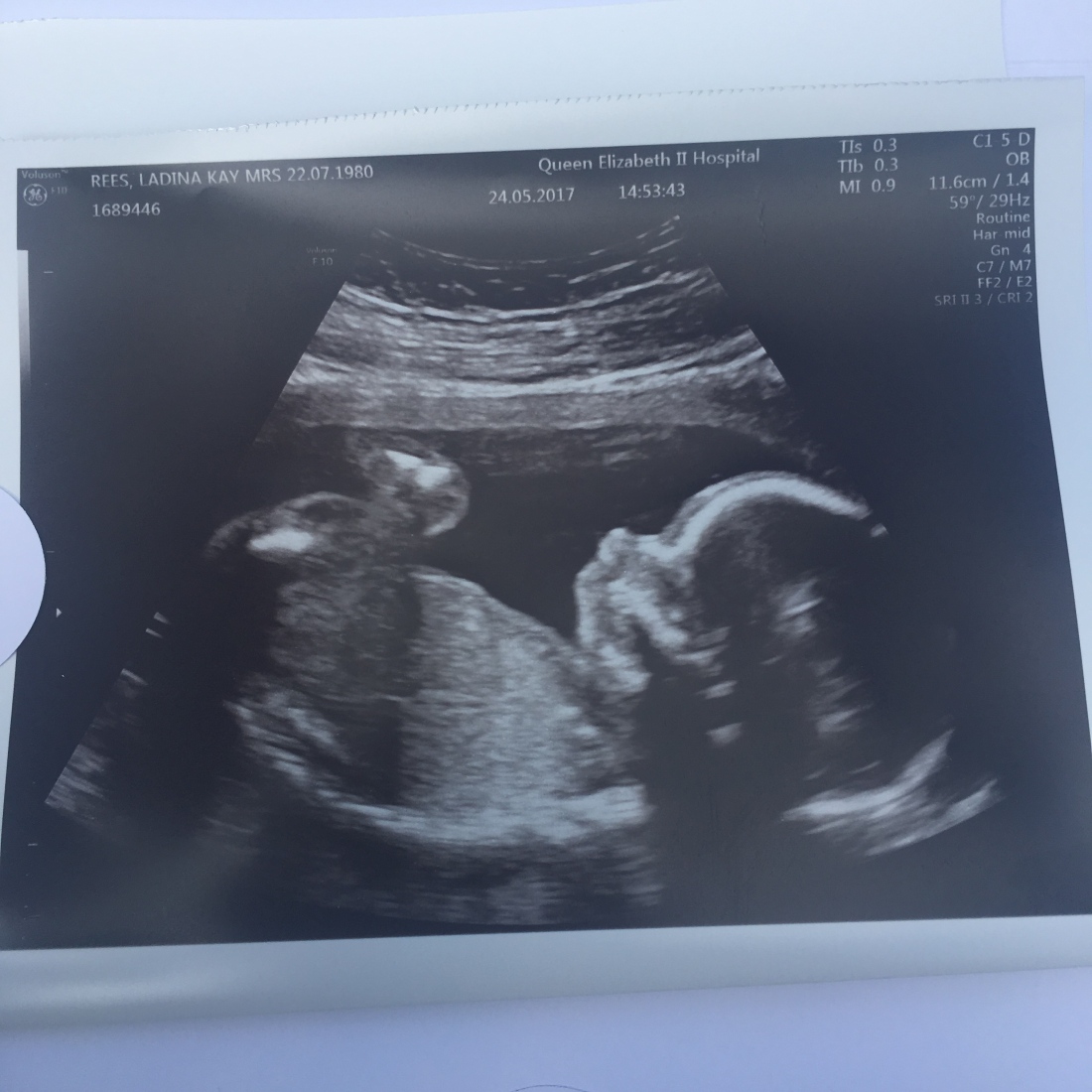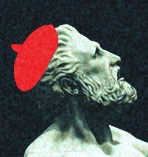Protected: The Daily Maisie – cuddles!
Protected: The Daily Maisie – Dina’s First Words
Protected: The Daily Maisie – late edition
Protected: The Daily Maisie Extra
Protected: The Daily Maisie
Offensive Children’s Books

I’m not on Facebook anymore but that doesn’t mean I can’t still enjoy taking offence at stuff people post there. I just have to do it via my wife.
The below linked content is a set of images from a children’s book aimed at very young children. This book is about how babies are made.
https://m.facebook.com/NEHappening/posts/1807415442903481
As you can imagine, there are people in the comments section upset about the idea of teaching children about sex. I’ll try to be kind here by saying that these people have some hang ups that they need to get over. This book barely mentions sex. To read their rantings you’d think the author had produced a Disney version of the Kama Sutra. But worse than this is that I see nobody complaining about the truly offensive part of this work; the perpetuation of the idea that “maths is hard” alongside the belief that it’s OK to be innumerate.
You see, there is a running gag wherein first our hero, a sperm confusingly named Willy, is repeatedly shown to be not “very good at sums”, and then later the little girl born of this sperm demonstrates the same weakness.
Here we also need to contend with the gentle nod to the idea that “girls aren’t good with numbers” which is another dangerous seed to plant in the minds of the small children at whom this work is aimed.
I don’t think that any of this is deliberate on the part of the authors but I can’t help but be disappointed nonetheless. When writing for children you have to be careful not to send out damaging signals. This book isn’t about maths but I suspect a good number of children will come away with two lessons: babies are made from an egg and a sperm that grow in a woman’s tummy, and maths is hard but that’s OK. One of these lessons is good, the other is not. And it could so easily have been avoided.
For the sake of a little humour we often lazily fall back on stereotypes. We can always get a cheap laugh with some observational humour about how “women love shopping” and “men won’t ask for directions”. And when you’re dealing with adults I can let this slide, to a point at least. But when your audience are impressionable children the cheap gags come at a price that just isn’t worth paying.
I’m going to have a daughter soon and I know the dangers of stereotype threat. I know that if I let the idea that maths isn’t for girls creep into her head then even if she did have a love for the subject I would have let that love become tainted with the belief that it is somehow at odds with being female. And the idea that not being good with numbers is somehow a consequence free, throw away joke? This is exactly how we give young and old alike an easy excuse for not learning.
When my nephew asked me recently why he should care about subjects in school that he didn’t particularly like or that didn’t factor in his present plans for the future. I told him this: education is self defence. Ignorance is weakness. Teaching that it is OK to be ignorant of something as important as maths is telling children to go out into the world as cannon fodder.
You can’t control everything that influences a child’s beliefs but you can control what you choose to teach them at story time. Please do tell your children about how babies are made. It’s not rude. It’s just biology. But until they bring out a revised version that drops the anti-maths nonsense, I’d urge you to choose a different book.
My Maisie – thoughts on preparing to be a father

Today I learned that the little creature growing inside my wife is a girl. She’ll be called Maisie and we’re expecting her in October. I have some thoughts.
Obviously I’ve known for close to twenty weeks that I’m going to be a father. But something about knowing the gender adds a degree more clarity to what that means. I suppose, at the least, it lets me begin to make some broad predictions about what exactly is heading my way. And while I can’t say much for sure, there are things I know.
Gender is an open question in our society. Like it or not, your gender will determine some of the things you experience in life. Maisie will enter a world where women still aren’t given the same opportunities as men. That being said, I think that the decades long feminist struggle has at least furnished her with a vibrant, modern interpretation of what it means to be woman; a deep well of clear thinking from which to drink. Perhaps if I were having a son I would be more worried about how to help him deal with what it means to be a man in the 21st Century.
For my part I now know that I will be responsible for her first, most formative idea of what men are and what it means to relate to them. How I behave towards her, how I treat her mother, these things will shape her idea of gender relationships. It’s an awesome responsibility. I hope I rise to the occasion.
Beyond that there are many things which are more applicable to children in general. And while these haven’t changed, I can now conjure a stronger image of what they will be like. What I do as her father will shape Maisie’s understanding of the world and her place in it, it will hard wire within her a sense of her own worth and purpose. I can help her see the world as a realm of possibilities or I can bring her up to fear. Every choice I make, every small gesture, will communicate profound ideas to her. Maisie’s home, in her early years, shaped in large part by my actions, will be her normal.
I’m under no illusions that any amount of thinking on my part, any amount of philosophy, will make me a flawless father. Imperfect as I am my parenting will leave Maisie with her own quirks of character. My tendency to overthink things, my fear of failure, my phobia of eating things which contain bones! All of these will do things to Maisie. But now that I think about it I realise that it is not right to assume that my flaws will translate into weaknesses within my child. After all, isn’t it struggle that makes us strong? Perhaps, for all my grand plans, it will be the ways in which I fail as a father that are Maisie’s greatest gifts. Perhaps.
Anyway. She’s on her way. I’ll do my best to be ready for her.
Ugh, Hosts.
Inviting someone to join you at your home for dinner is, for me, the quintessential display of friendship; its personal, intimate, perhaps a little vulnerable. To shelter and feed someone, that’s a wonderful thing. And like all good social interactions it comes with some important, pretty much non-negotiable, elements. Most importantly: the guest offers to bring something to share.
This is a token. It’s not to say the host is unable or unwilling to provide everything. It’s a gesture. And it doesn’t have to be complicated or difficult either. Guest asks “what should I bring?”, host says “oh, a bottle of red would be lovely, thanks.” See. Easy.
Unfortunately some people are just too polite. Now, this specific post relates to two of my very best friends, two lovely people. But they are both monsters in one specific way – they refuse to say what they want me to bring to dinner. When asked they say lovely, affirming things like “just bring yourself” or “oh, it’s fine, we have everything” both of which miss the point entirely. I don’t care if you have everything. I’m not bringing something out of fear you’re a poor planner or haven’t budgeted enough to properly feed and water me. No, I’m bringing it because that’s what I do!
So from now on I have chosen my revenge. Anyone who refuses to tell me what they want (a bottle of wine, something to enjoy with coffee, and so on) will receive a half eaten bag of Doritos and a bottle of Blue Nun.
Be warned. If you invite me for dinner, you bloody well better tell me what to bring. Consequences. All things have consequences.
The Best War is One You Don’t Have to Fight
At the moment it feels almost as if we are edging towards war with the EU27. Our Prime Minister is talking up the conflict as a way to boost her election campaign and we are, it seems, lapping it up. Fighting feels better than sitting back and waiting, thinking. Fighting feels proactive.
That feeling is common. It’s also dangerous. The bias towards action has to be considered carefully because it may well be more of a way to manage our inner turmoil than to achieve meaningful results. It may feel good to shout at someone who has hurt you but does that do more harm than good in the long term?
When I think about this I’m reminded of a session playing an improv game I call Chaos Chairs. The general idea is that a team of a dozen or so Sitters has to prevent one person, the Walker, sitting down by moving between chairs, covering the available chair before the Walker can sit. In this game it’s always a question of when and if to move because if you move to cover the next chair you leave your current chair open. In this particular session a moment came when the Walker was closing in on the free chair. Everyone froze, no one seemed to want to take the action to cover the chair. Then, as the Walker came closer, feeling the pressure to just do something a woman moved to cover the open chair. Sadly she vacated a chair even closer to the Walker. She felt pressure to act. Acting, even if that action made the situation worse, was preferable to the pain of restraint.
It’s not wrong to feel this way. Feelings are never wrong. They’re just part of how we understand the world. What matters is that we reflect and consider what those feelings mean, where they come from, and what we should do. Why am I looking for a fight? Is this action skilful or simply self indulgent?
Theresa May wants us to respond to her fighting words as a mindless crowd. She doesn’t want us to think. She just wants us to react, unreflectingly, and deliver her an election landslide. We might blame her for such a cynical ploy but if it succeeds we have only ourselves to blame.
The EU27 are not our enemy. They represent our most important partners in trade, security, culture, and so much more. We are a continent united by shared history and shared values. May wants to make them our enemy so that she can fight them for us, be our champion and defender. She seems unconcerned with how this might damage us.
Now is a time for measured words and skilful actions. Not a broken record of rhetoric and perverse patriotism. It might be too late for this current disaster cycle but as we angrily argue ourselves into the abyss I am reminded of and reaffirmed in my belief that the next stage of human culture must be to embrace a more mindful, more nuanced understanding of what drives us. Remember the opposite of mindfulness is mindlessness.
